Check out photos of new Broncos Head Coach Gary Kubiak.

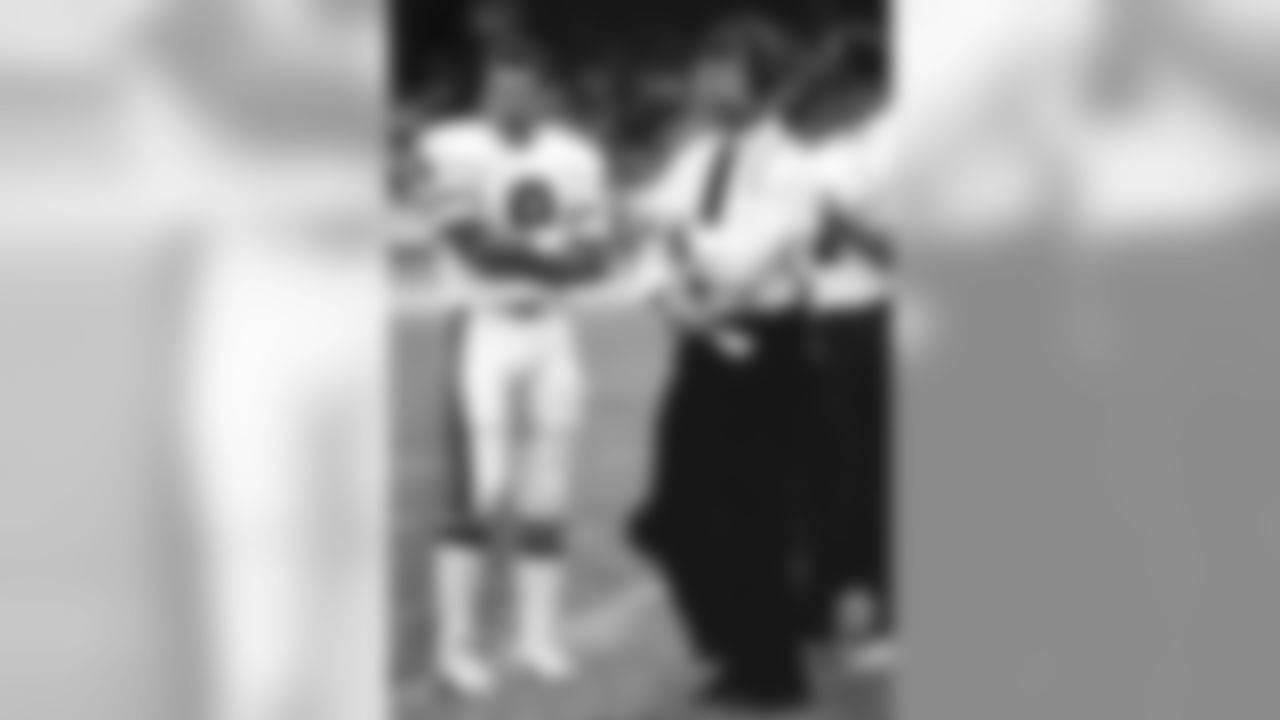
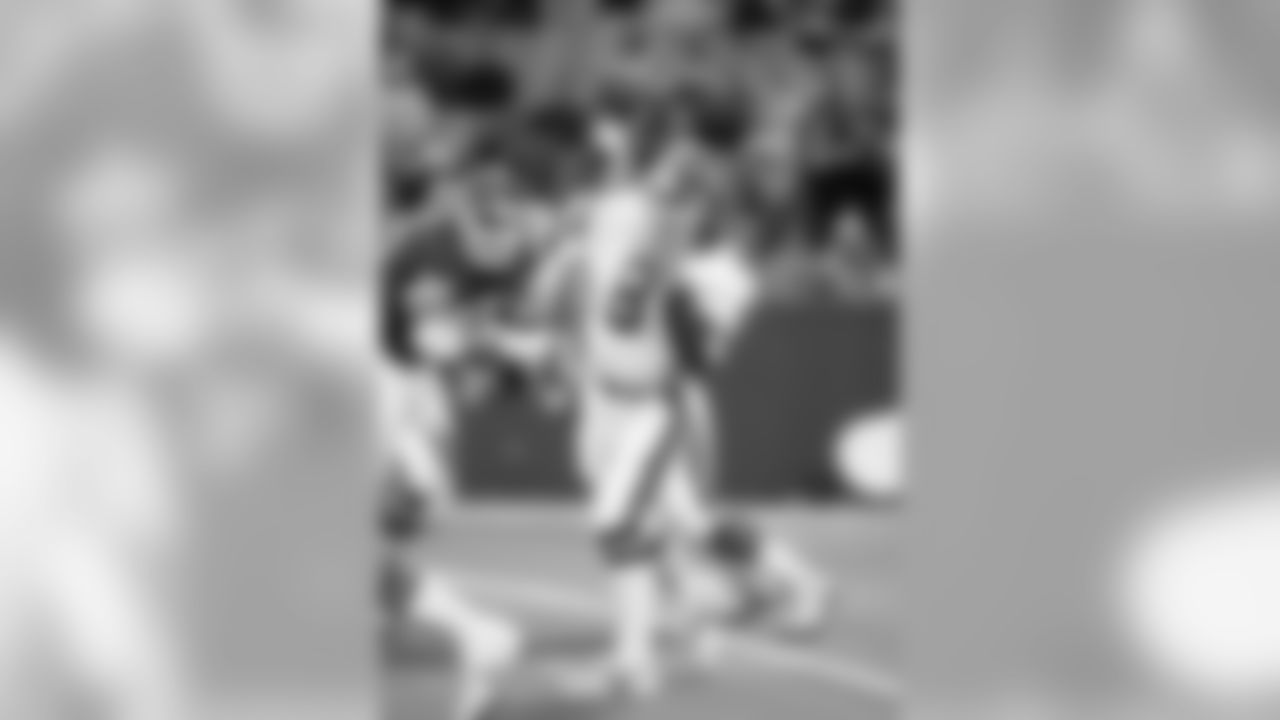
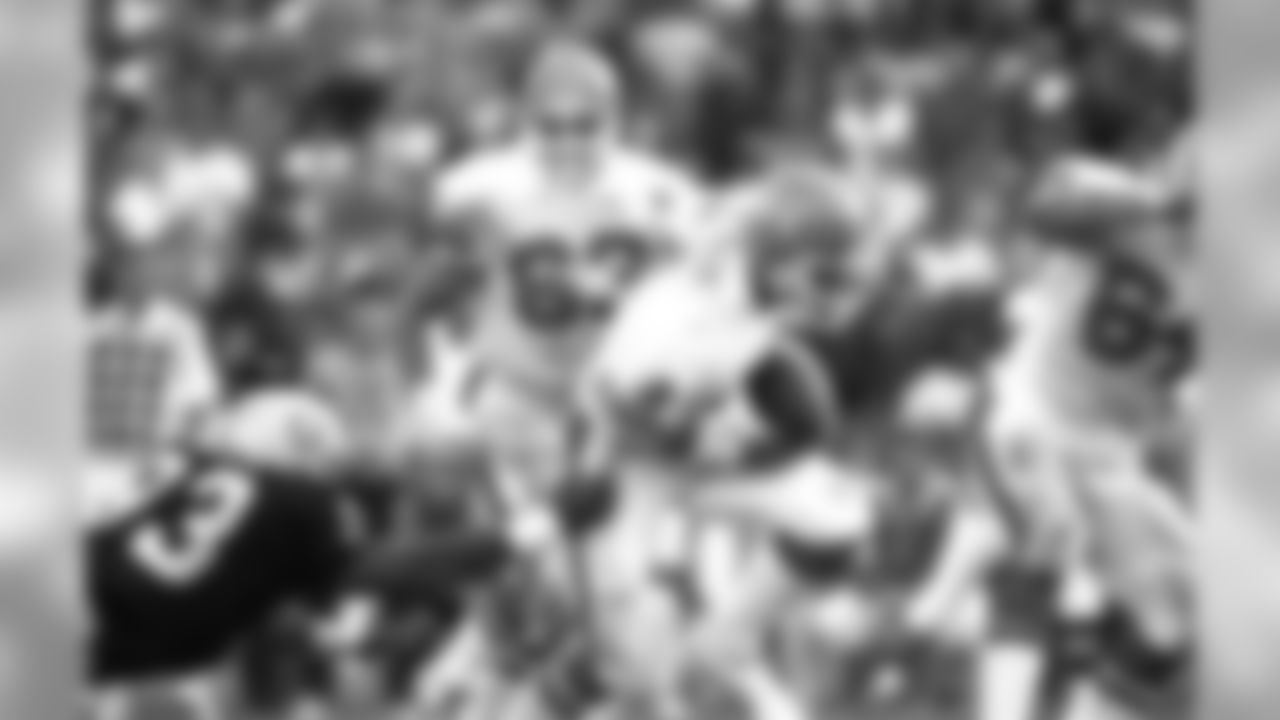
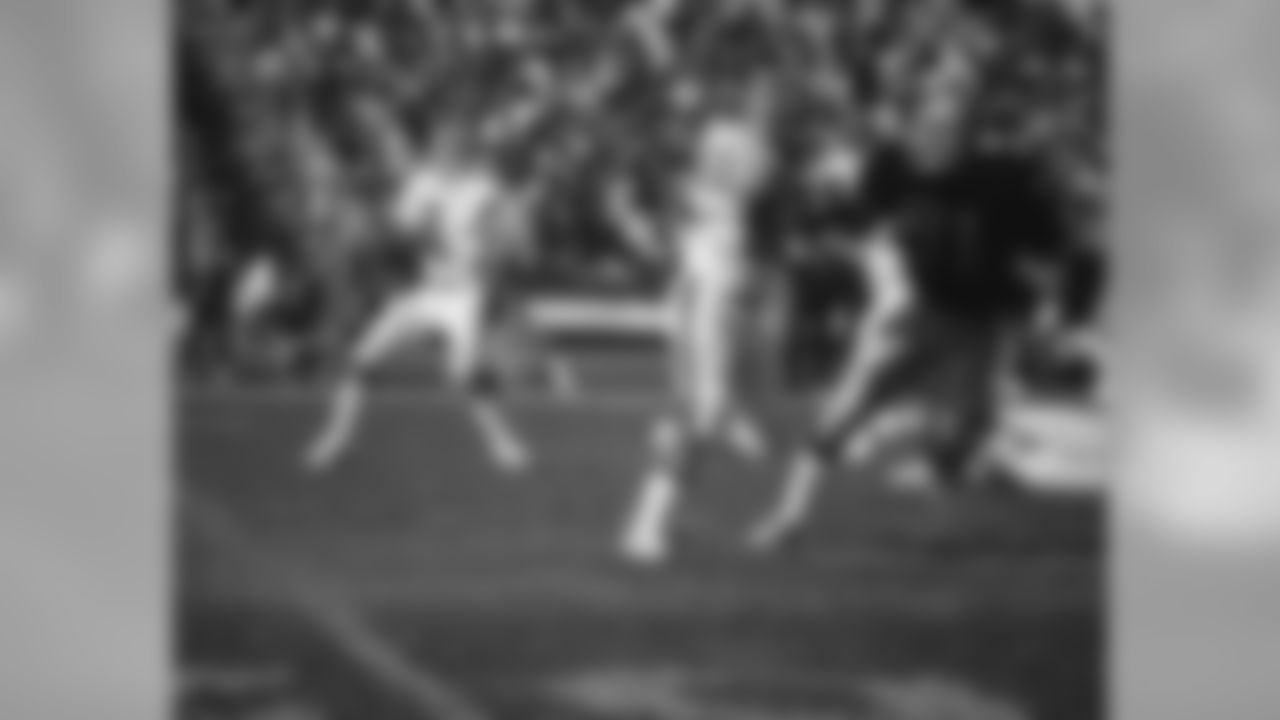
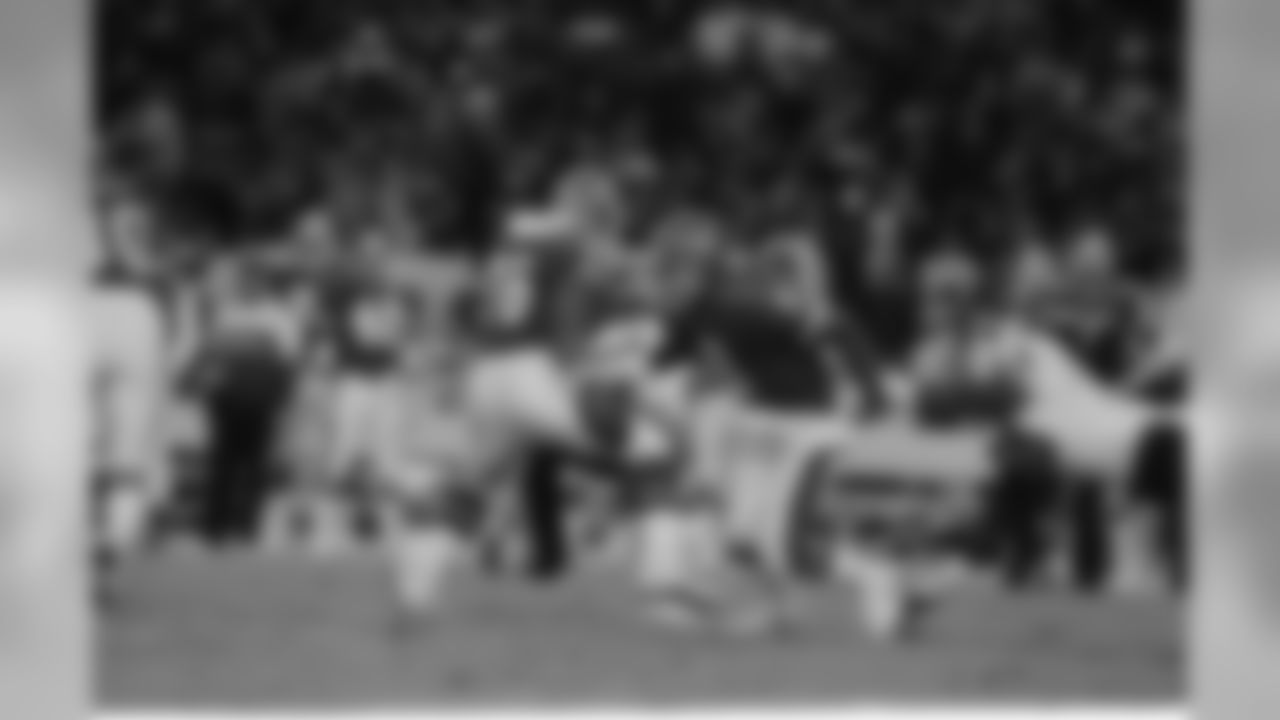
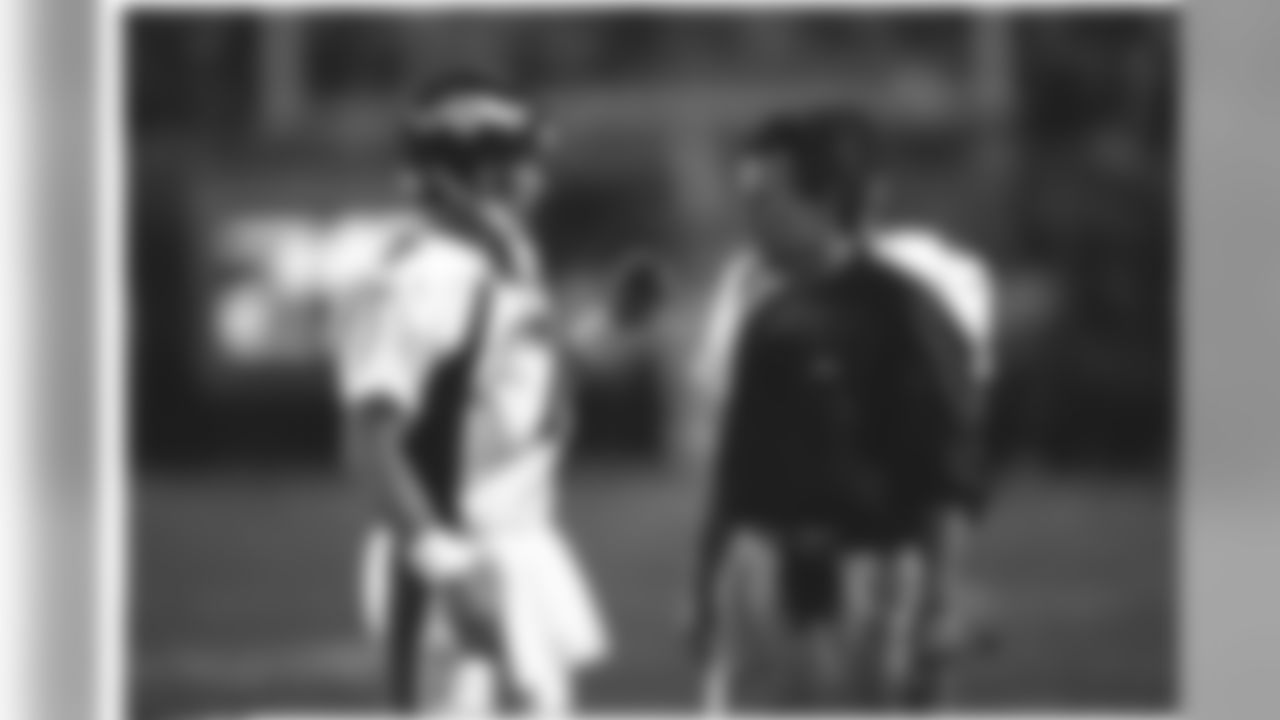
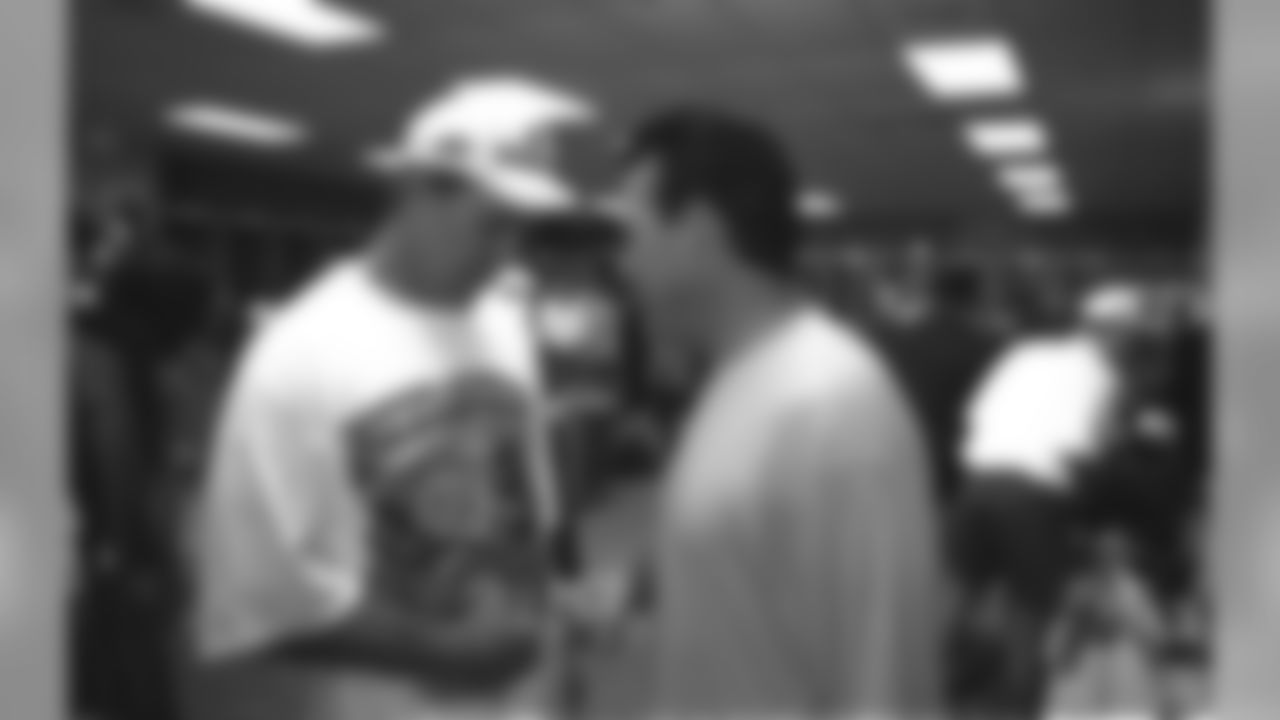
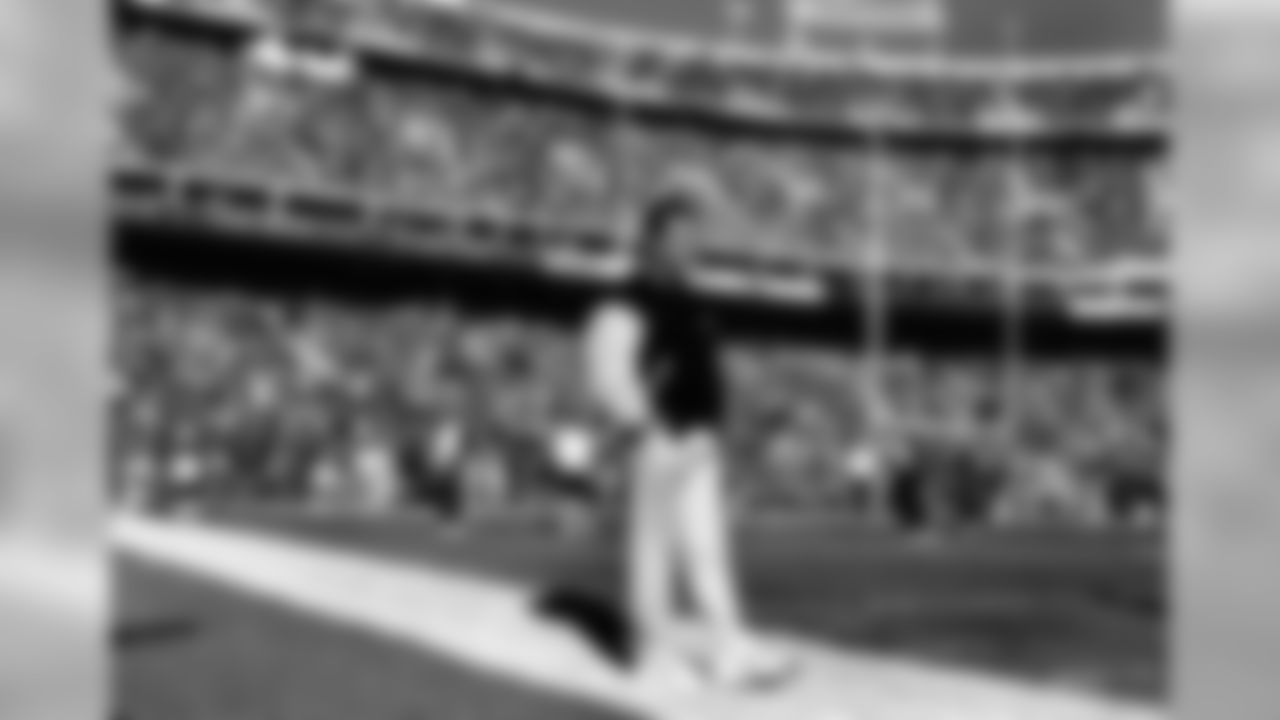
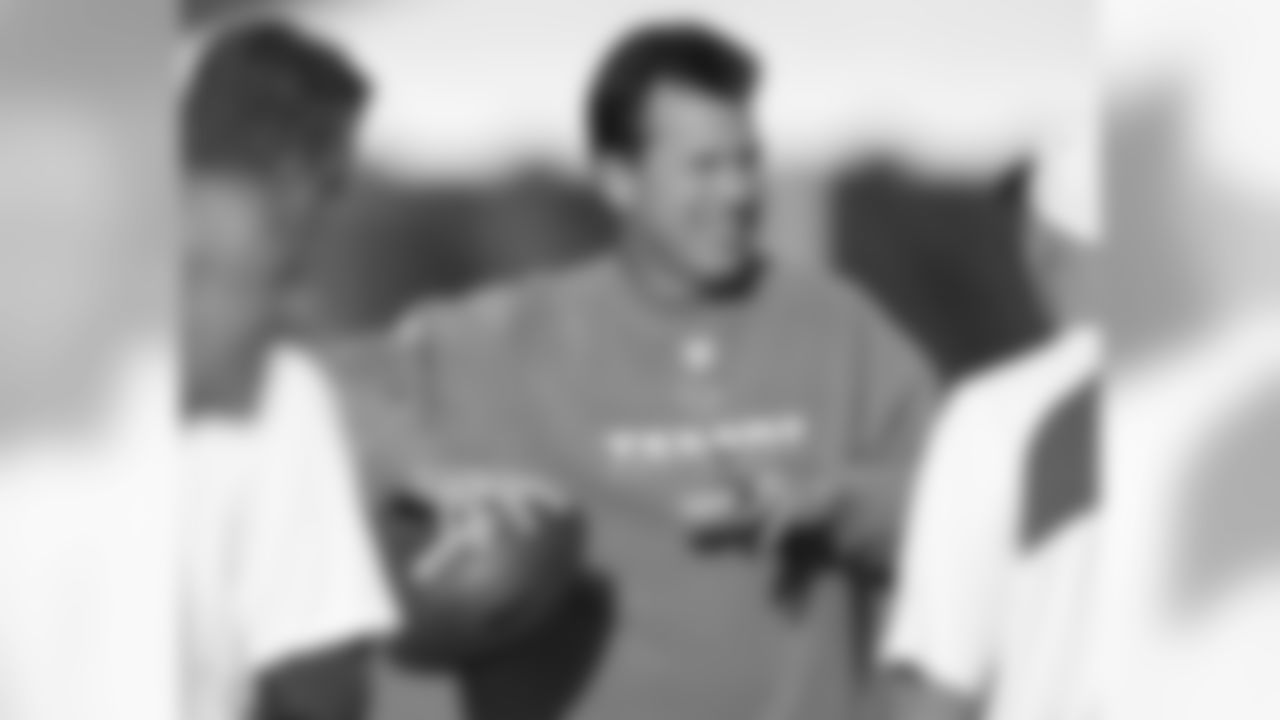
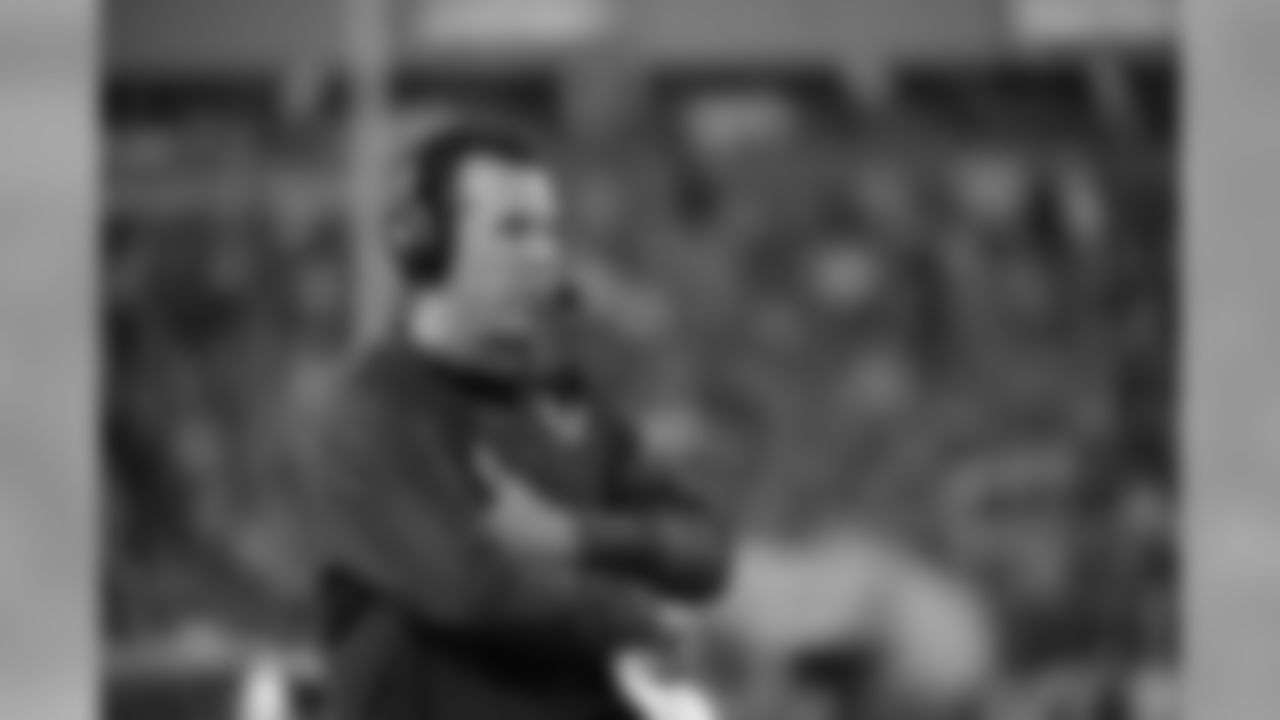
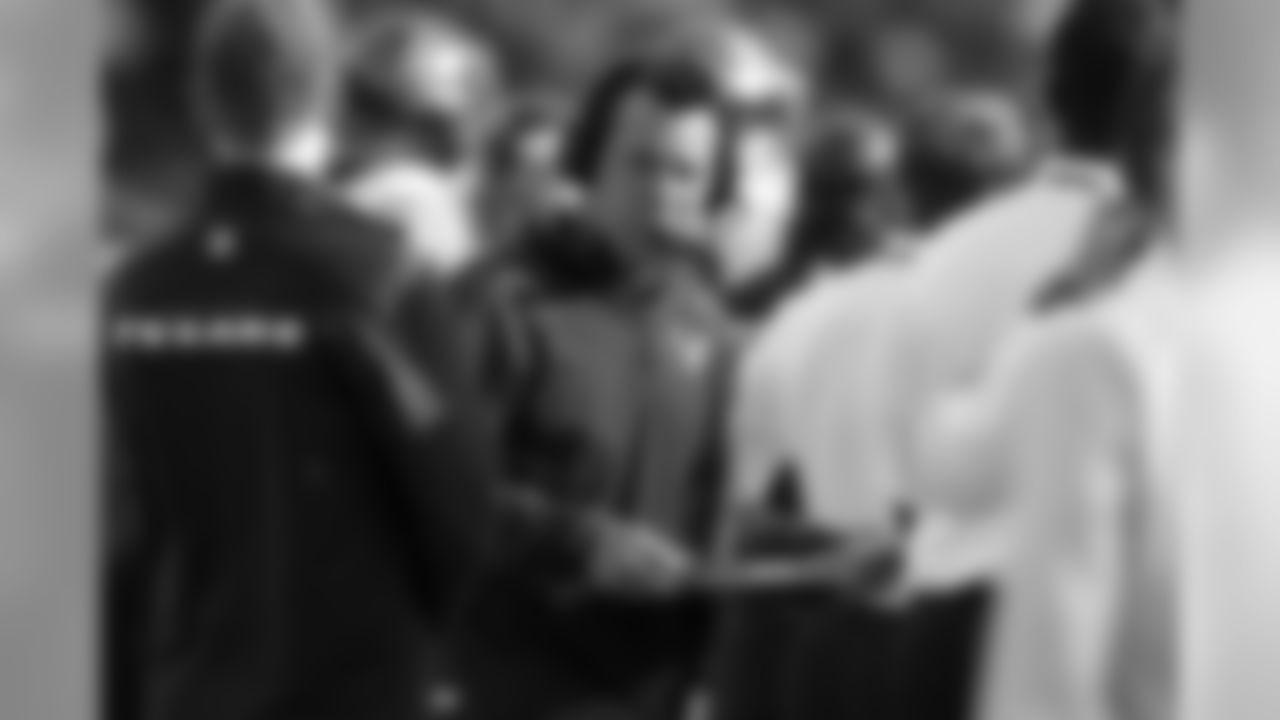

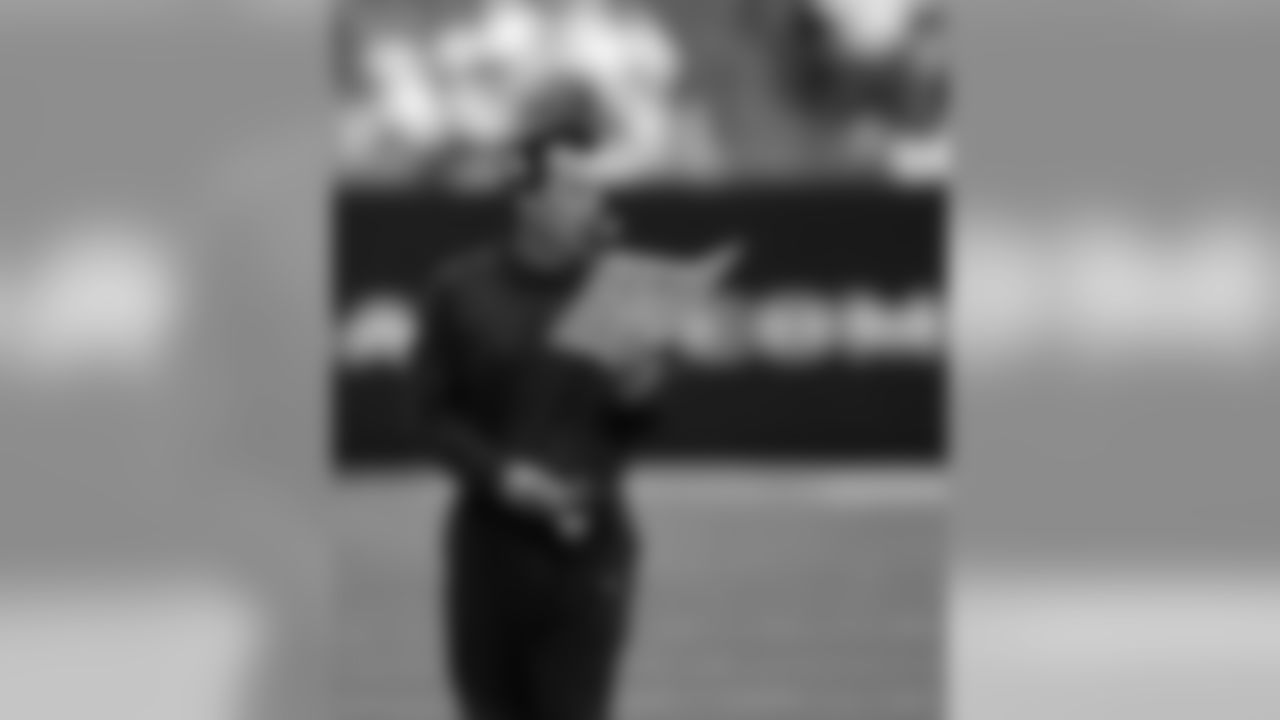
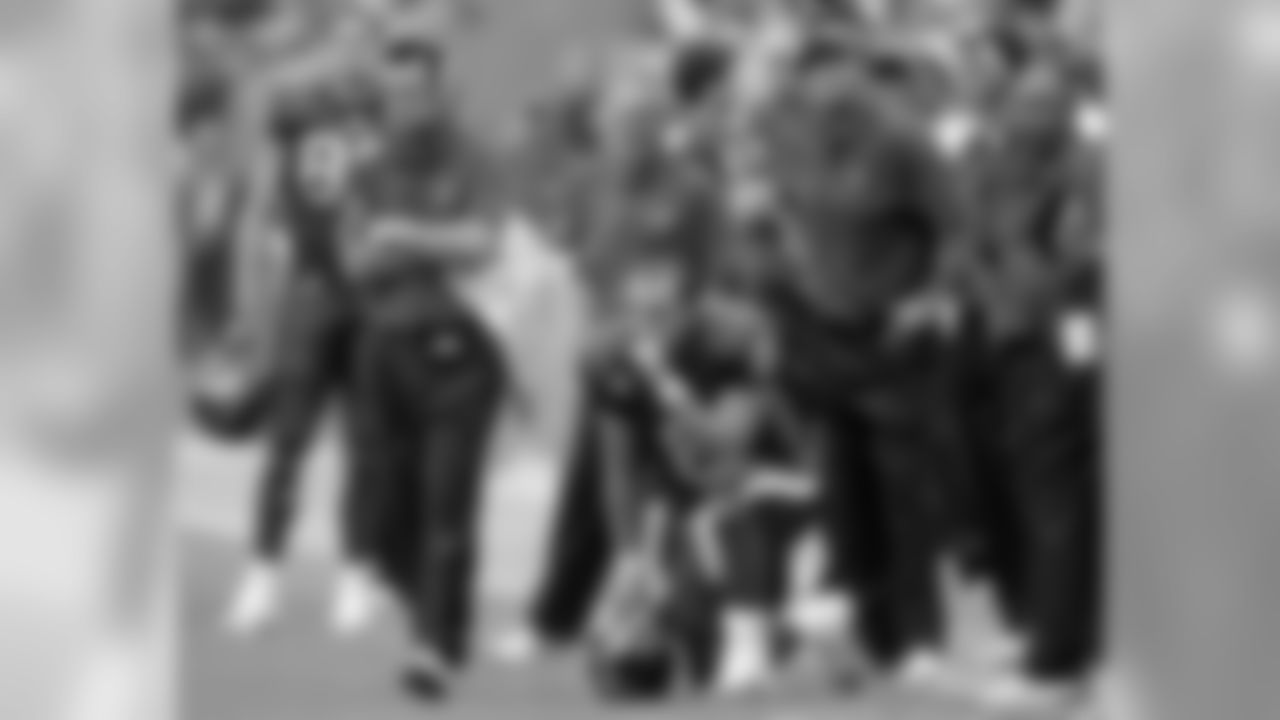
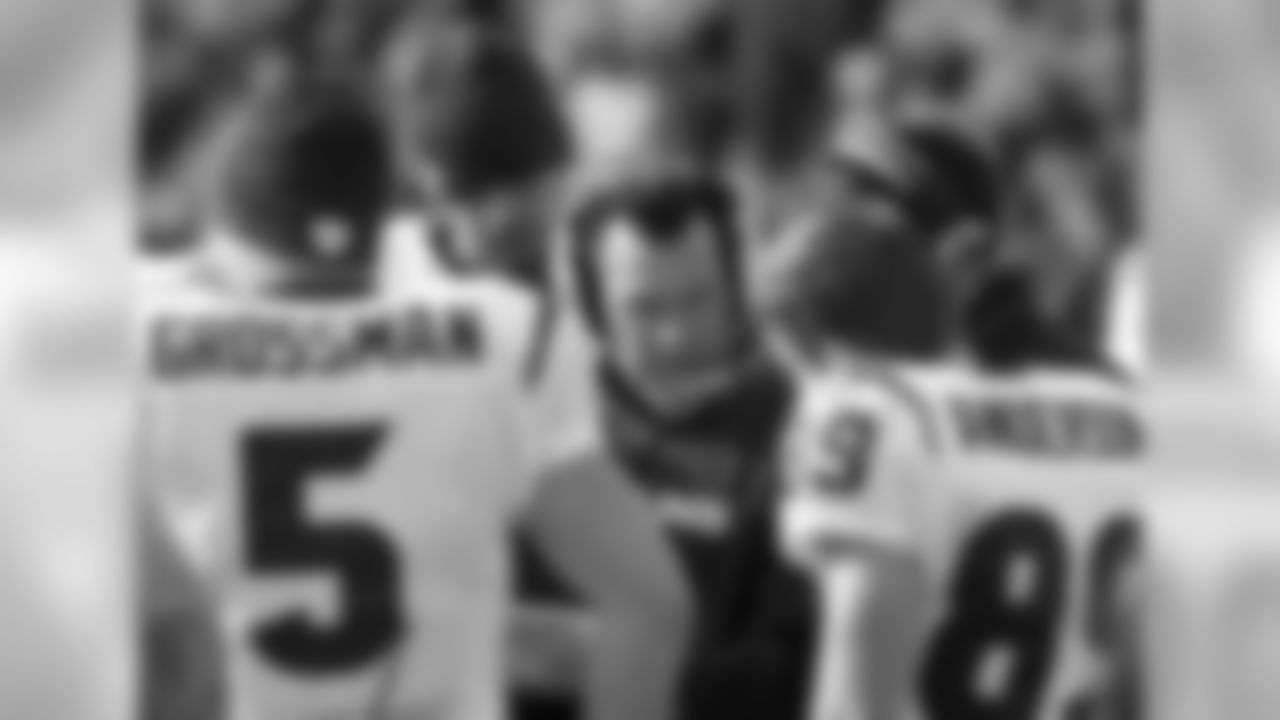
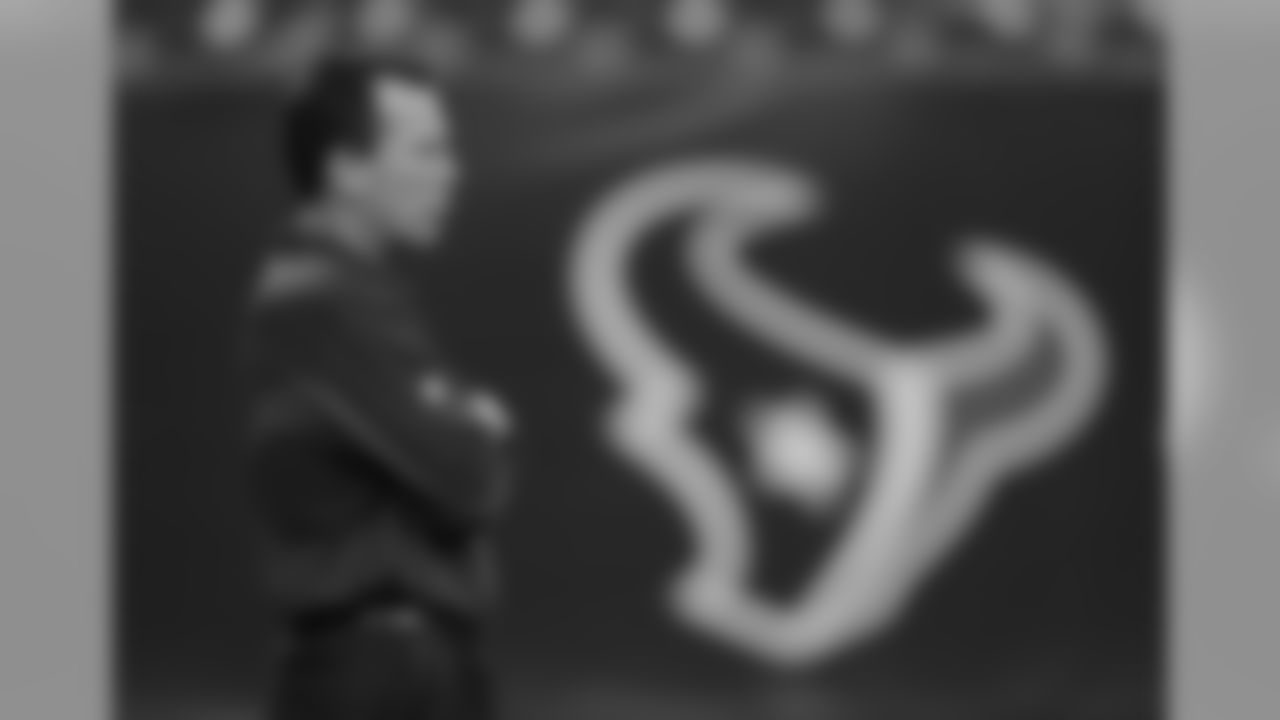
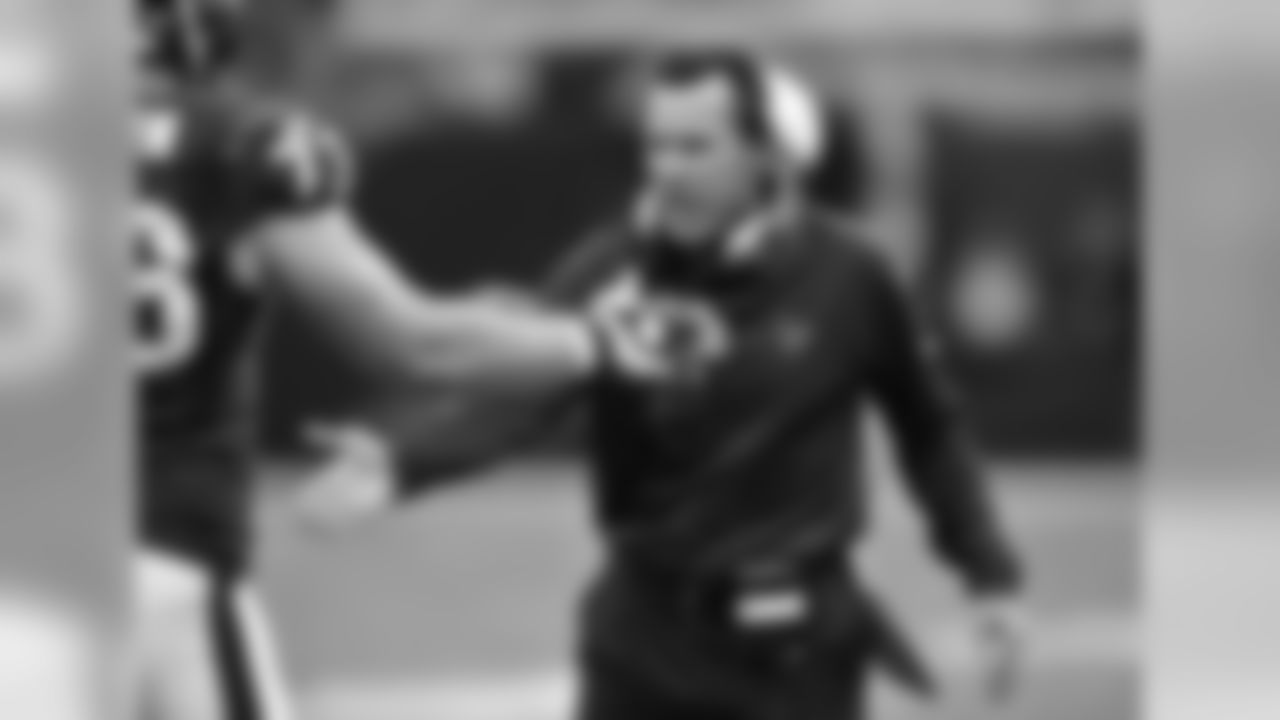
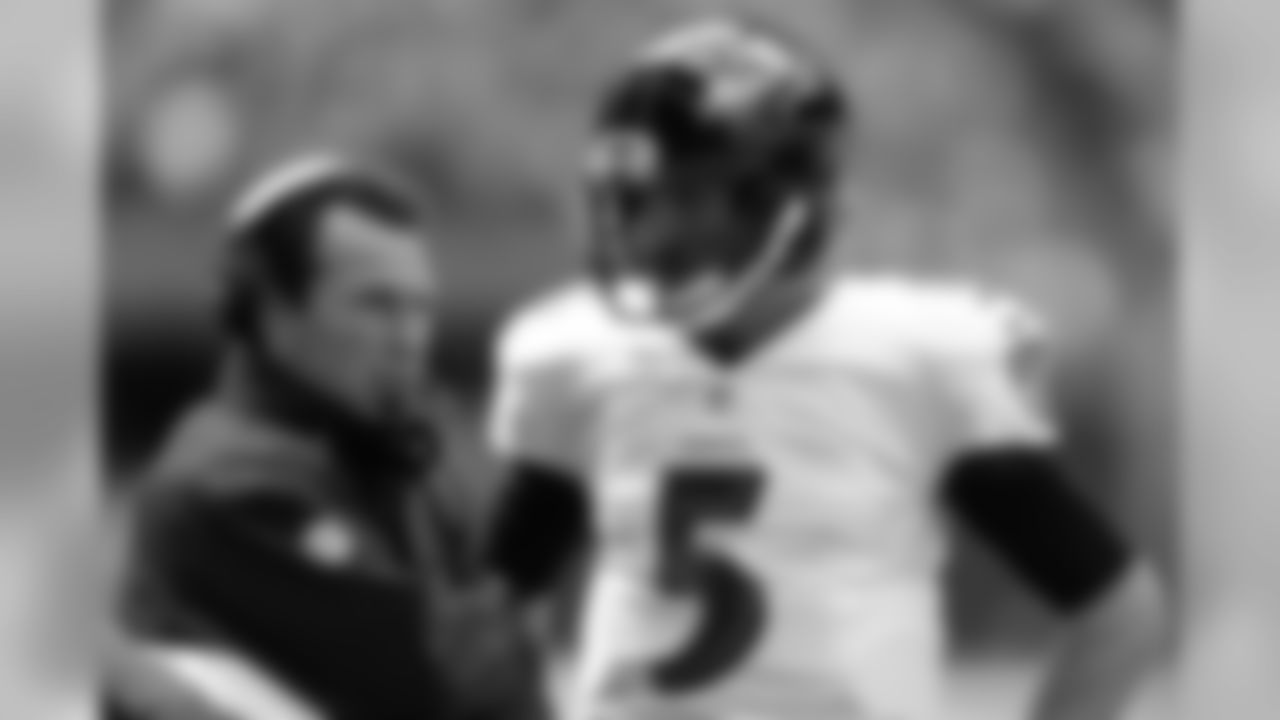
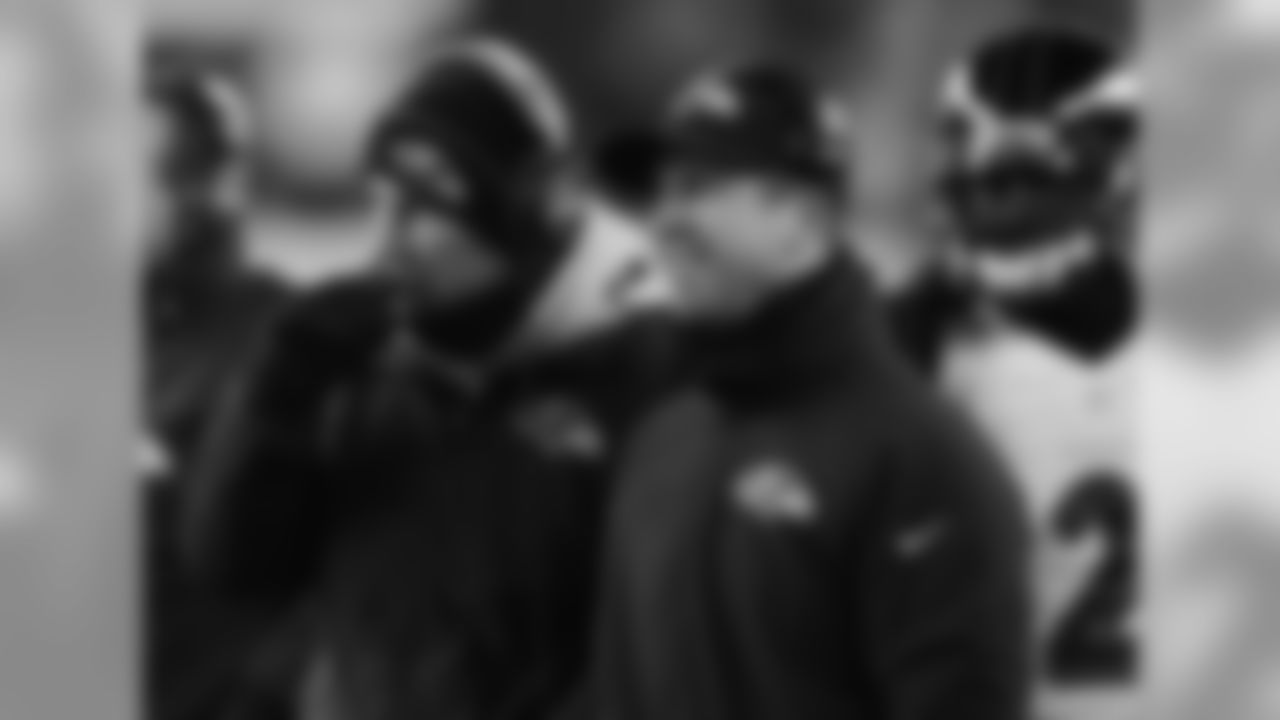
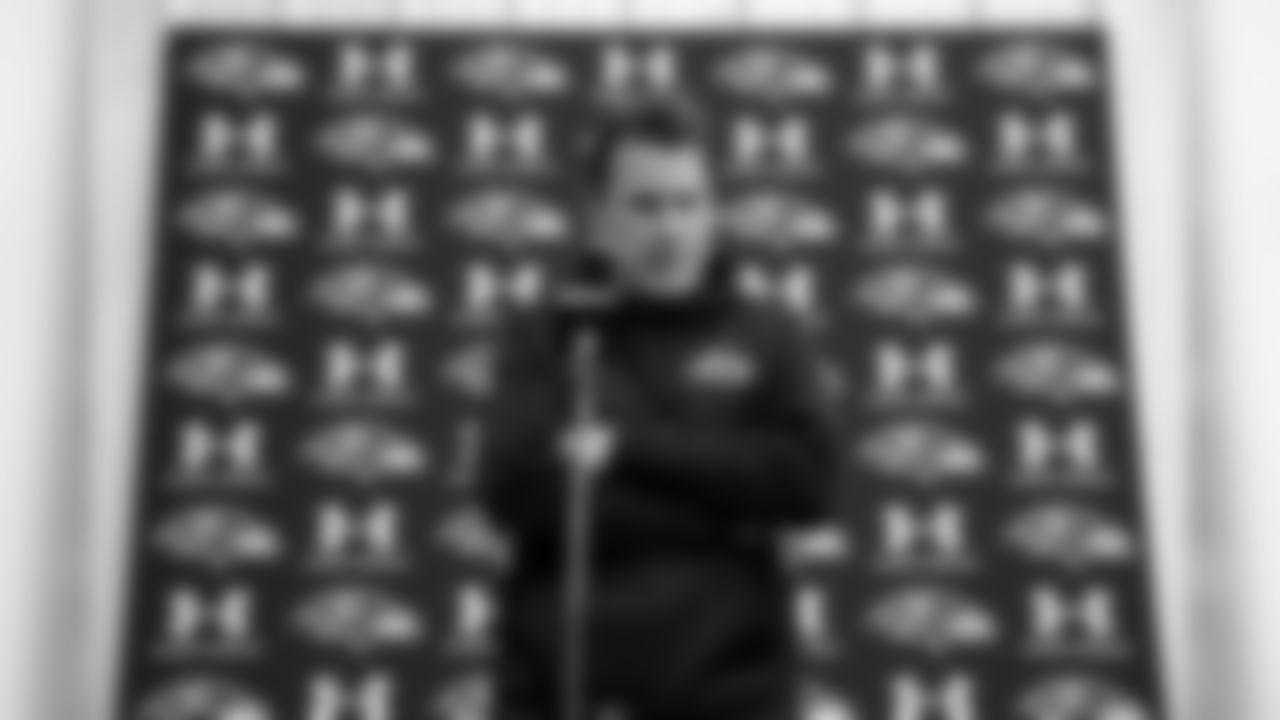
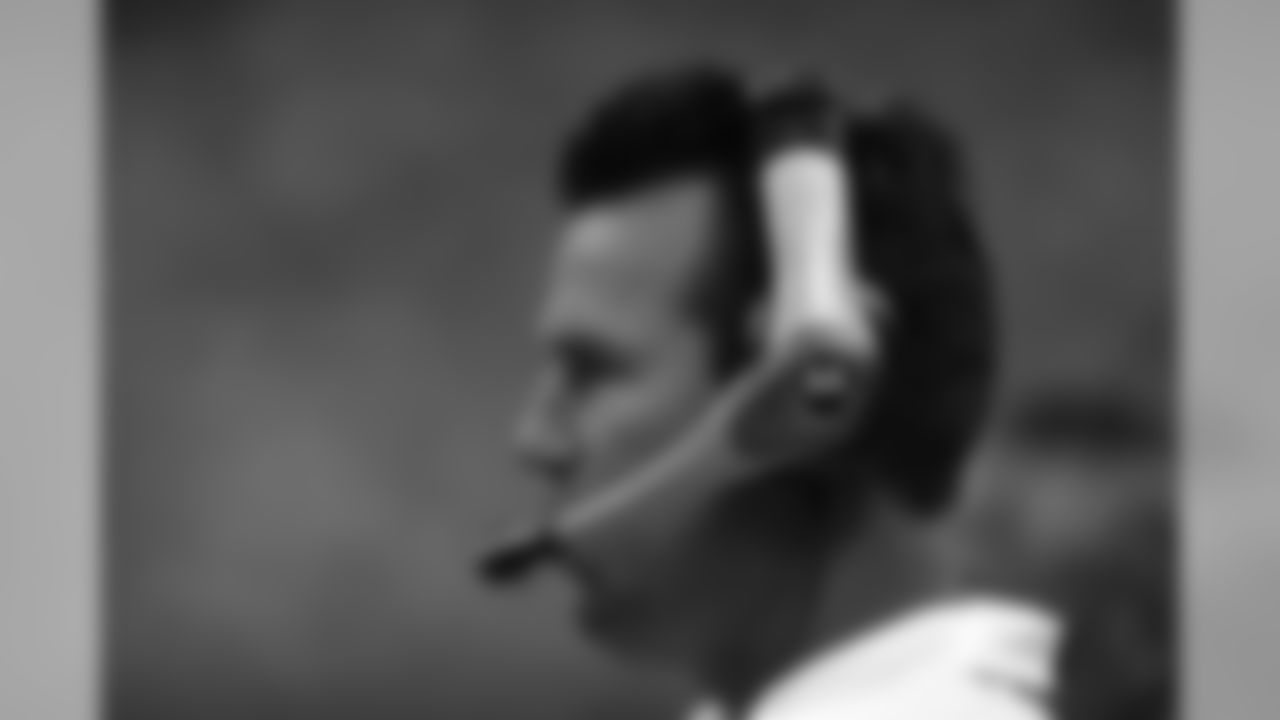
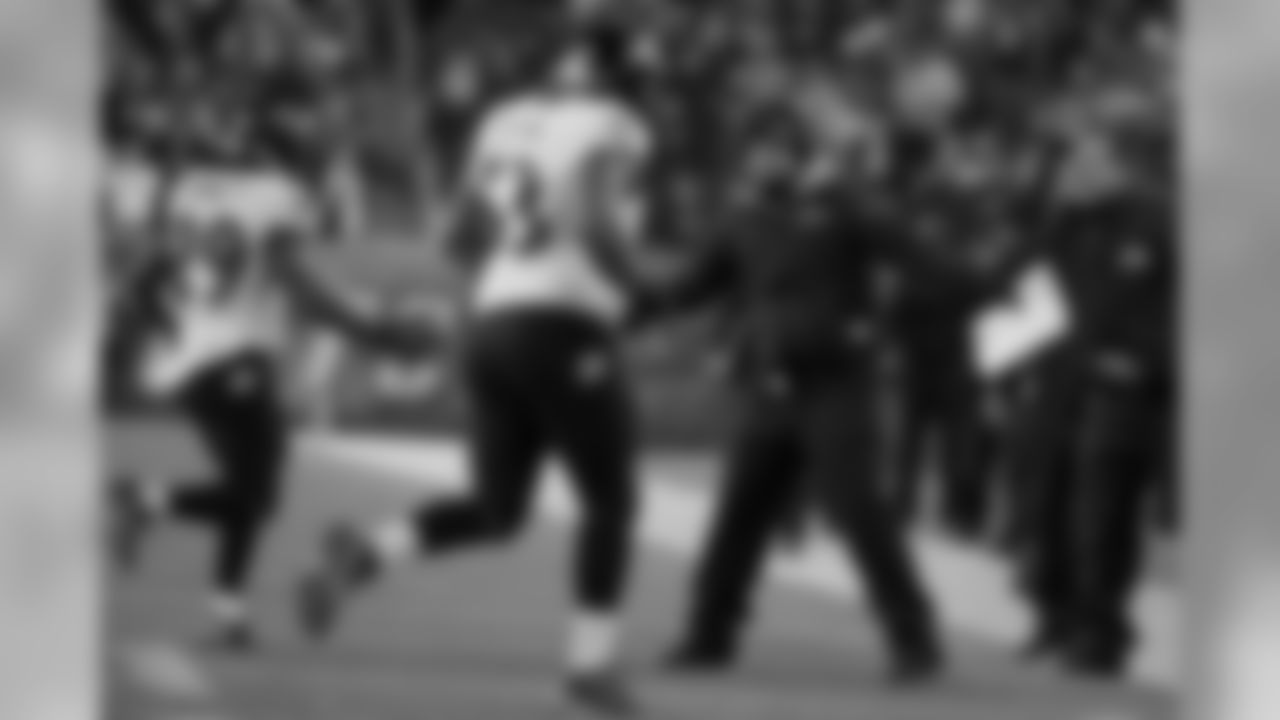
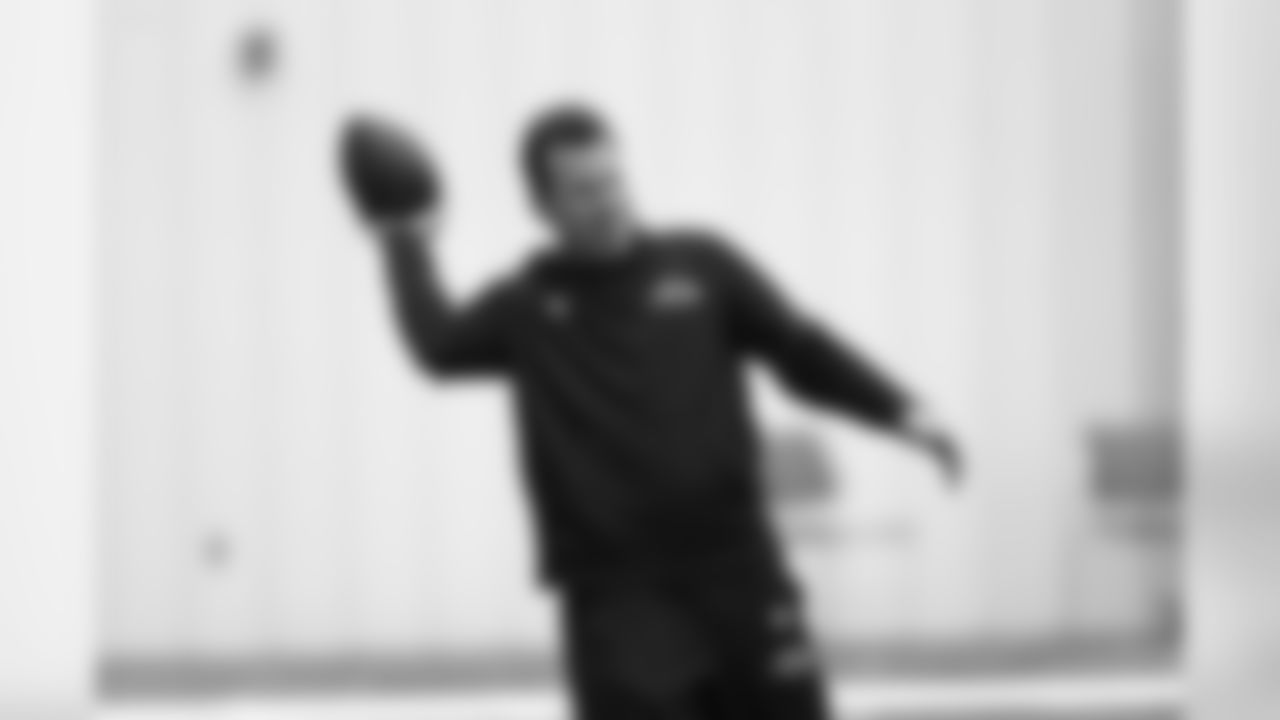
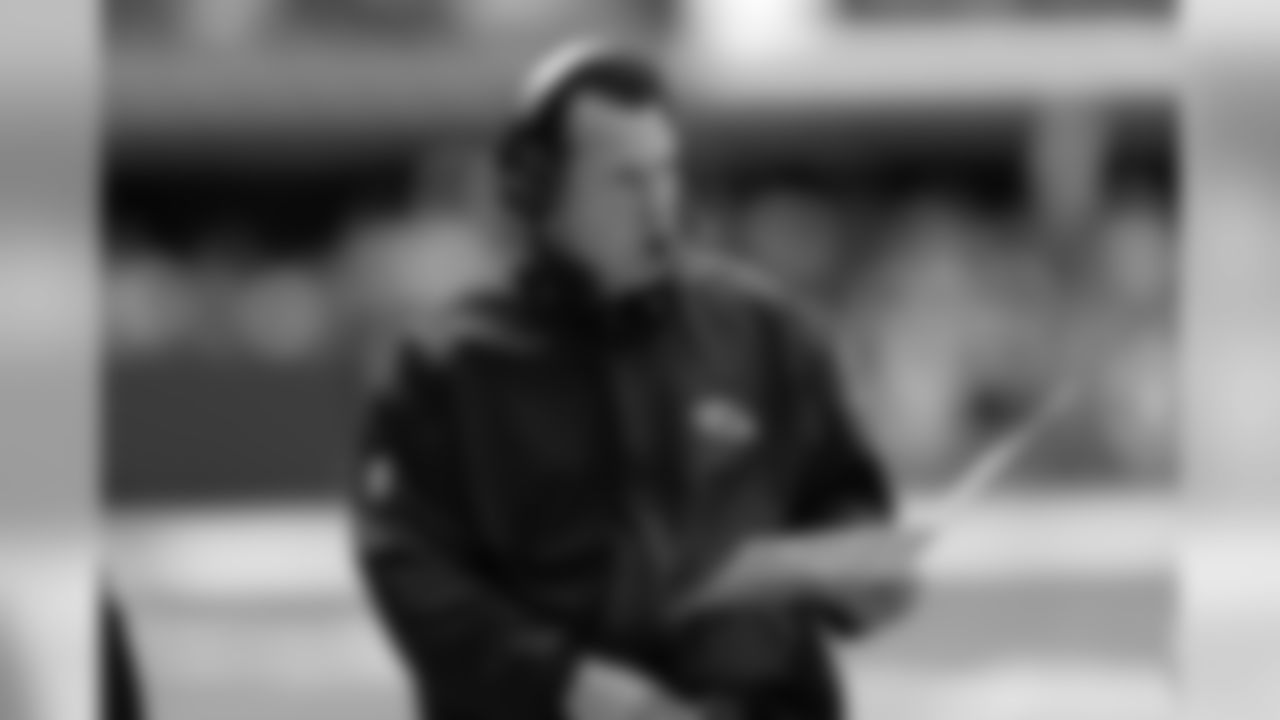
How did Gary Kubiak transform the Texans in his first few years in Houston?
"He took over a 2-14 team that really didn't have a lot of talent. They had Andre Johnson and not much more and David Carr as his quarterback. [Kubiak] agreed to see if he could turnaround Carr. [Carr] had been the first pick in the 2002 draft and they didn't have a running game, he had a bunch of different running backs. So they went 6-10 that first season and everybody was happy and then they cut David Carr, traded two number twos to Atlanta to get Matt Schaub who went 8-8 the next year and then Gary wanted to build a running game. He thought that was very important.
So when they went 8-8 in 2008, they were still experimenting with running backs and in 2009, they went 9-7 and they lost the playoffs in the last day when the Jets got in after the Colts pulled all their starters. He started Arian Foster in two games and Foster had been on the practice squad and was an undrafted rookie and he also had been a special teams player, covering kicks. He ran really well. [Kubiak] was still looking for that running back that he can count on to get that zone scheme going. Foster ran real well those last two games and they didn't know what they had, really. So they drafted Ben Tate in the second round the next year. When he missed his rookie year, Foster got to play and the rest is history.
[Kubiak] had to get a running game because it's so important in getting the offense to go. It took him a while to develop the running game he wanted so they relied on the pass heavily with Matt Schaub. When Schaub was healthy, they won but then he got hurt a lot early on and that's why it took them until 2011 to make the playoffs the first time and win their first division. They had to play three quarterbacks because of injuries (Schaub, Matt Leinart and fifth-round rookie T.J. Yates), which was really Kubiak's best job.
But he had to transform a team, him and Rick Smith, who came in June of '06. They had to transform the roster because there were so few players who were actually NFL worthy and he didn't have that problem with the Broncos."
How was he successful in transforming the roster?
"It depends on your definition of success. He got there in '06 and he didn't make the playoffs in 2011. Then they won two division titles and they won two playoff games. They went on the road and lost to Baltimore and New England those two years because they had better quarterbacks than the Texans.
If you look back, Gary's first year coaching in the NFL, he had Steve Young and then he had [John] Elway and then when he left there and came here, he had David Carr and Matt Schaub. So there was a big drop off in his quarterbacks. He goes to Baltimore and he's got [Joe] Flacco, the best playoff quarterback. He didn't have an elite quarterback here. Schaub was really good at times, but he was never an elite quarterback, plus he had injury issues.
They brought the scouting philosophy from the Broncos that assistant coaches get heavily involved and Gary doesn't like the scouting personally, he likes to do it off tape. He likes to sit across the table from his top guys and look them in the eye and talk to them. He thinks that's a big part of scouting, whether you're at an individual workout or you're at the combine. He's big on that. He wants player that he thinks would be winners and as they transformed the roster here, they brought in a lot of players like that.
He won't have that up there (in Denver). [Executive Vice President of Football Operations/General Manager] John [Elway] controls the roster and they've got a lot of good players already. [Kubiak] won't have to come in and change anything like he did here. He can hit the ground running.
The thing that he does best, his system is the system they played with the Broncos, the system with the 49ers. They always have a good running game, they play a lot of bootlegs. He doesn't have to make Peyton [Manning] do bootlegs. [Manning's] not going to learn new tricks so Gary will adjust what he does to Peyton's strengths. But earlier in his career, Peyton used to do a lot of roll outs -- it's not like it requires a lot of mobility. One of the misnomers about Kubiak is his quarterback needs to be mobile. Matt Schaub, is he mobile? Joe Flacco is almost immobile. You've just got to bootleg a little bit and anybody can take three or four steps to the right or left and throw the ball. I don't think there's going to be some kind of big adjustment for Peyton to Gary's style of play or vice versa."
How much of an impact did Kubiak have on the rise of Arian Foster?
"Arian went out of his way to praise him, talked about how much he loved him, how much he owed him. One of the reasons was Arian was kind of a wayward guy. He had some problems with coaches and media so Gary brought him in and told him, 'I don't care what you did in the past, here's what I care about.' He hopped on it with him and helped him develop into one of the elite running backs. [Foster will] be the first to tell you, he couldn't have done it without Kubiak."
What do Kubiak's players think of him?
"This is what they said in Denver and this is what they say here: There was a quote this week from Joel Dreessen, he said 'I would take a bullet for Gary Kubiak.' Joel had said that even when he was playing. That basically was the feeling among players. They respect him because he treats them with respect. He doesn't go crazy on the sideline during games and scream and yell at them like say Bill Cowher or Mike Ditka. That's not him. A lot of fans equate that to a good coach, but a good coach is preparation and practice. I've seen Gary chew players out like crazy at practice. I've had players tell me how hard he is in meeting rooms, but they respect him and that's what it's about, respect. They like him and respect him.
I used to have players say, 'Man, when I was going to be called out in the meeting room, where we watched the tape after the game, I wanted to sink and become about 100 times smaller because I knew two things: He was going to be tough on me, tough but fair. But [I was] also going to let him down.'
Players don't want to let him down. Of all the players I talked to about Kubiak in 2006, while he was still [in Denver], Rod Smith was the best. Rod was outstanding in talking about what he meant to players behind the scenes and what he was like. Everything Rod said was true here as well. And in Baltimore. I went to Baltimore in December before the Texans played and spent three days doing stories on [Kubiak] and some former Texans who played for the Ravens. The players said the same thing they said here."
How does Kubiak manage his coaching staff?
"He learned when he was here and he hired Wade Phillips. He left the defense up to Wade because Wade was like Mr. Defense, so Gary spent all of his time on offense. He's an offensive-oriented coach. He's going to get involved with the game plan, the play calls, coaching the quarterbacks and he had some good coaches here, he had some bad coaches here. I think you learn so much as a second-time head coach that there's no way you're not going to be better. There's no way he's not going to be better because he's got a better team, he's got better talent up there than he had here, especially if Peyton stays. The one thing that Gary improved on the most was clock management. Early in his career it was an issue, late in his career, no issue."
Are you surprised at all by his success in Baltimore and his ability to adjust to a new team?
"No, not surprised by anything. Anywhere Gary's been he's run that same offense that he learned from Mike [Shanahan] and Alex Gibbs and it's always successful. It was not successful here in 2013 because Matt Schaub totally lost his confidence. He had four pick-sixes in four games in a row and just lost it. Then Schaub got hurt and then he went with Case Keenum, an undrafted free agent, so he didn't have a quarterback. Now he's got a quarterback so he's learned from his mistakes and as a person he hasn't changed, but as a coach he has. The changes were subtle, nothing major. But there's no doubt in my mind, I knew that he would be a successful coordinator if he had a good quarterback like Flacco and there's no doubt in my mind he'll be a successful head coach he if he has a quarterback like Peyton Manning."
How does Kubiak motivate his players?
"I think back to the AFC Championship game in 2006. Adam Schefter was working at the NFL Network and they let the network go behind the scenes to the Broncos pregame. Adam is a good friend of mine and told me, 'You will not believe Kubes' speech. If the Broncos win, that speech will be on there [NFL Network] because Mike turned it over to him and you've got to watch it. It is so inspiring.' They lost and I asked Adam, 'Is there any way I can get my hands on that?' [He replied] 'No, the NFL Network has that.'
Frank Bush, one of his former coaches in Denver, who was a coach with him here, used to tell me, 'Man, the Kubes you guys see is not the Kubes we see.' When he's behind the scenes, he's emotional, he's intense, he's inspiring and that's the way people say here that he was. There's going to be no problem to get people fired up behind the scenes."
What can Kubiak bring to the Broncos' offense?
"The Broncos obviously changed their offense down the stretch because of Peyton's injury and [C.J.] Anderson ran so well. It caught everybody by surprise because that's usually the kind of thing that [Kubiak] and Mike [Shanahan] used to do, cut back and [a back] runs for 1,500 yards and catches you by surprise because of the system. I think that they'll run the ball really well, just like they did down the stretch. I think that Peyton never was sacked much anyway, protection will be good, he won't be sacked and I think that he'll keep going from right where he left off and be the best team in the AFC West by far."





